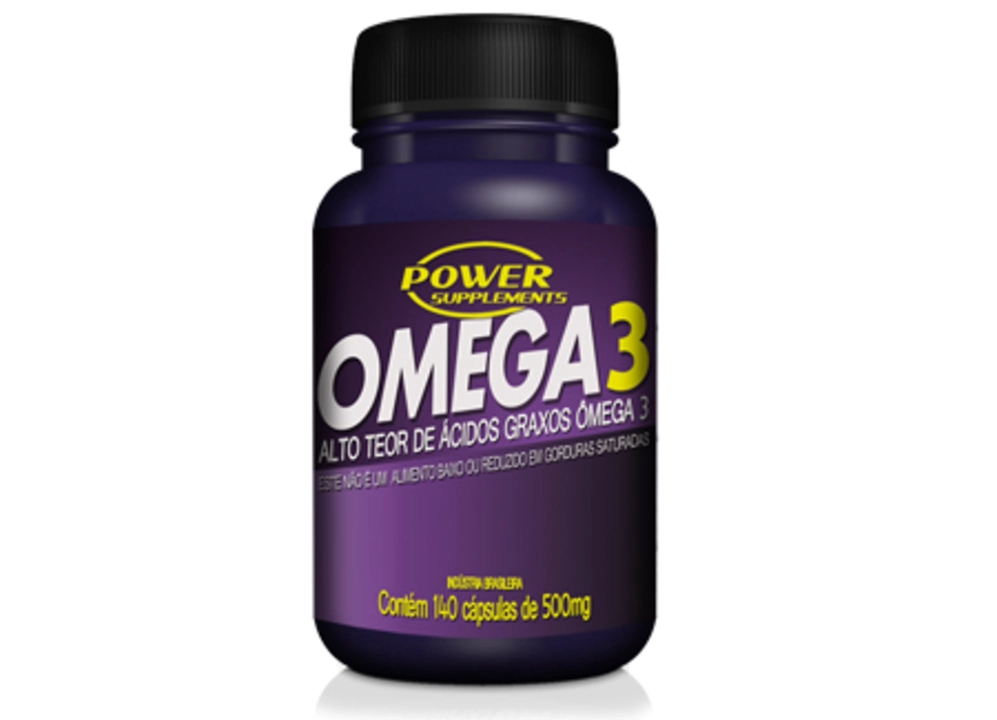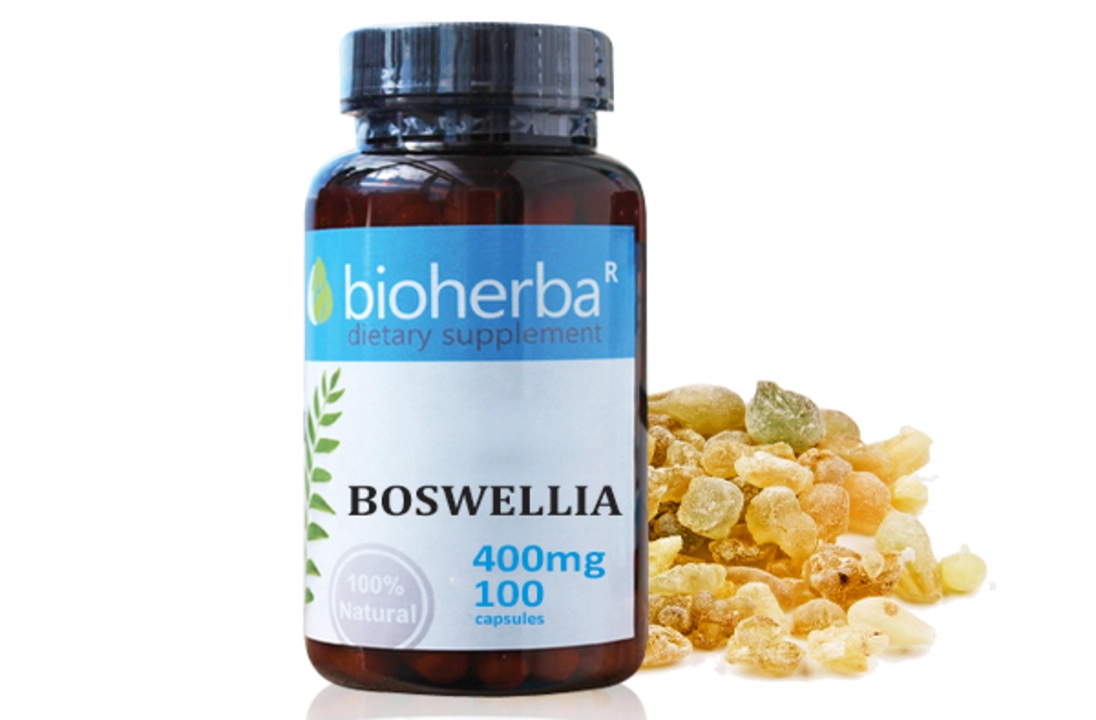Dietary Supplement: Smart Choices, Real Benefits, and Safety Tips
Supplements can help when your diet or health needs fall short — but they’re not magic. Too many people buy bottles based on hype or pretty labels and end up wasting money or risking side effects. This page gives clear, practical steps so you get benefit without guesswork.
First question: do you actually need one? Simple reasons to supplement include proven deficiencies (low vitamin D, iron deficiency, or inadequate protein for recovery). If you feel tired, weak, or have abnormal lab results, a targeted supplement may help. Vague goals like "feel better" aren’t a solid reason to start a daily cocktail of pills.
How to pick a good supplement
Look for third-party testing (USP, NSF, or ConsumerLab). That tells you the contents are verified and not wildly different from the label. Avoid products that use "proprietary blends" because those hide exact doses. Prefer single-ingredient bottles for basics like vitamin D, iron, or omega-3, especially on your first try.
Read the label carefully. Note active ingredient amounts, serving size, and any excipients. Check for allergens or added sugars. If a brand lists clinical studies on their site, read the details: small or company-funded trials aren’t the same as independent research.
Safety, interactions, and common pitfalls
Supplements interact with medicines. St. John’s Wort lowers levels of many drugs; grapefruit affects several statins and other drugs; high-dose fish oil can raise bleeding risk if you’re on anticoagulants. If you take heart, thyroid, or psychiatric meds, ask your clinician before adding anything new.
Dosage matters. More isn’t always better. Some vitamins and minerals build up and become harmful — vitamin A, iron, and selenium can be toxic in high amounts. Follow lab-guided doses when possible. For common examples, many adults need 1,000–2,000 IU vitamin D daily unless tests show a deficiency that requires prescription dosing.
Timing and form affect results. Fat-soluble vitamins (A, D, E, K) absorb best with food. Some minerals compete for absorption — take iron separate from calcium or high-fiber meals. Liquid or powder forms help if swallowing pills is hard, but check for added sugars or fillers.
Expect realistic results and track them. For measurable goals like blood levels or muscle gains, pick one supplement, use it for a few months, then retest. Watch for side effects — stomach upset, headaches, skin reactions, or mood shifts — and stop if you notice trouble.
Special groups need extra caution. Pregnant or breastfeeding people, young children, and those with chronic illnesses should only take supplements under medical advice. High-dose herbal extracts and unverified performance enhancers are common red flags.
On Canadian-Tabls you'll find practical pieces like liver extract benefits, threonine’s role, and safe alternatives where supplements may support care. Use those articles for ideas, not as prescriptions. Talk with a clinician, read labels, start simple, and test results — that’s how supplements do the most good.





